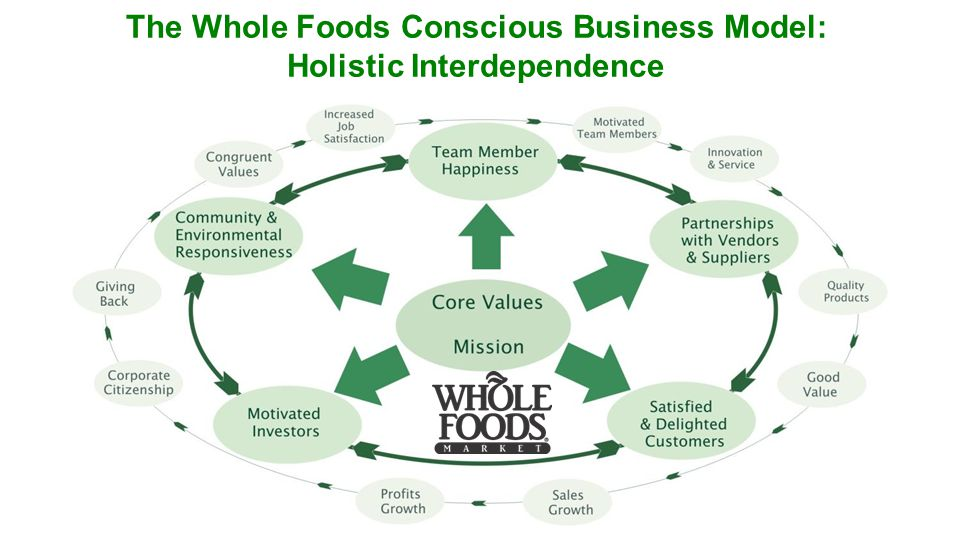Conscious Capitalism
Nowadays, the view regarding Capitalism has shifted into a darker light. People define the U.S. economy as capitalism, but in reality, it’s a mixed economy with the government’s fiscal policy interventions. The mixed economy transformed parts of the United States into a 'socialism-lite' nation. It’s not a bad thing as long it serves fiscal policies well.
I honestly still believe capitalism is the answer to ensure prosperity for centuries to come. However, capitalism does need to be allowed to evolve to meet the current society’s needs. That’s when social and ethical responsibility comes into play which is elevating humanity.
It is important to understand that you can certainly be on team capitalism and still promote humanity.
According to the Conscious Capitalism website:
“Capitalism is a fundamentally human endeavor. Conscious Capitalism is the integration of beliefs in pro-capitalism & systems improvement, personal & business advancement, and social & environmental impact.”
One of the critical components of Conscious Capitalism is stakeholder considerations, which include customers, employees, suppliers, investors, environment, sustainability, and many more. Considering all stakeholders within the business decision creates higher perceived value and purpose for all stakeholders. Thus, with higher and more individualistic values, the value of the business would eventually rise.
Let’s take Whole Foods (before Amazon purchase) for example:

The main point of being conscious is to realize the value and maximize it for the long-term prospect instead of cutting corners and maximizing profits in the short term. Companies that only focused on short-term profit maximization will often suffer in the long term.
The bottom line is that how one feels about one particular business will have a ripple effect. So, for example, I don’t feel good buying products from Amazon. Because I don’t agree with how Amazon pushed its warehouse employees beyond the maximum in the name of efficiency. For this reason, I no longer have Amazon prime subscription. If enough customers feel the same way, stop purchasing from Amazon, and take the time to let Amazon know why they stopped shopping there, then Amazon might feel compelled to improve employee work conditions and adopt the Whole Foods business model.
The irony now is that Amazon is transforming Whole Foods for the worse. It'll be a textbook example of what happens when a company abandons it conscious capitalism mindset.
Take care of all of the parties involved, and they will take care of you.